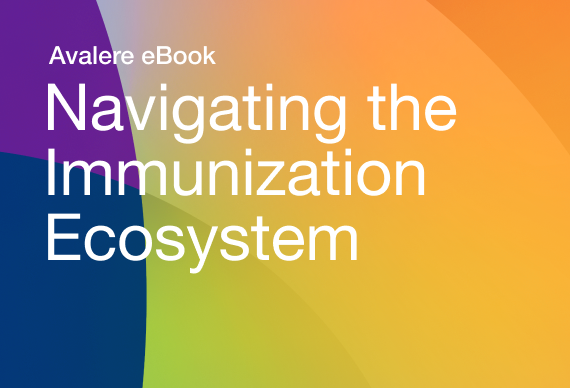50-State Comparison of Medicaid Adult Vaccine Provider Reimbursement in 2024
Summary
A new Avalere analysis reaffirms 2021 findings that first identified variability in Medicaid physician office and pharmacy vaccine reimbursement policies.State Medicaid program vaccine provider reimbursement amounts vary widely. In 2022, the Inflation Reduction Act (IRA) required state Medicaid programs to cover all Advisory Committee on Immunization Practices (ACIP) recommended adult vaccines without cost sharing, which aimed to increase access to vaccines for all adults. While the IRA improved coverage of adult vaccines, it did not address Medicaid vaccine reimbursement rates, which are historically lower than other markets, as shown in Avalere’s prior whitepaper based on data from 2021. Research has shown that higher reimbursement rates may increase vaccine uptake among Medicaid beneficiaries. Specifically, providers may be more willing to order, stock, and administer vaccines if they feel they are adequately reimbursed for the vaccine product and administration, including time spent counseling patients.
To characterize the post-IRA vaccine reimbursement landscape and update its previous 2023 white paper on Medicaid reimbursement in 2021, Pfizer commissioned Avalere to assess all 50 states, Puerto Rico, and Washington, DC to identify Medicaid fee-for-service (FFS) physician office and pharmacy vaccine reimbursement. Avalere focused its research and analysis on four vaccine products: 20-valent pneumococcal conjugate vaccine (PCV20), maternal respiratory syncytial virus (RSV), COVID-19, and shingles. The findings showed:
- Physician office vaccine product reimbursement is often equivalent to Medicare reimbursement rates. Therefore, rates are higher for Part B preventive vaccines (i.e., COVID-19, influenza, pneumococcal, and hepatitis B), and lower for vaccines not covered under Part B (e.g., shingles, RSV).
- Pharmacy product reimbursement under the pharmacy benefit is largely reimbursed via a “lesser of” methodology, which often leads to reimbursement at wholesale acquisition cost.
- More states permit pharmacy reimbursement for all assessed vaccines compared to 2021, representing an increase in pharmacy access to vaccination.
- Reimbursement for vaccine administration is variable and generally lower than Medicare amounts in both the physician and pharmacy settings.
Overall, Avalere’s findings show relatively few changes in the Medicaid reimbursement landscape compared to 2021. As stakeholders look to increase vaccine uptake among adults, ensuring adequate reimbursement would likely increase vaccine access for Medicaid beneficiaries.
Download the related white paper, ”50-State Comparison of Medicaid Adult Vaccine Provider Reimbursement in 2024.”
Funding for this research was provided by Pfizer. Avalere Health retained full editorial control.






